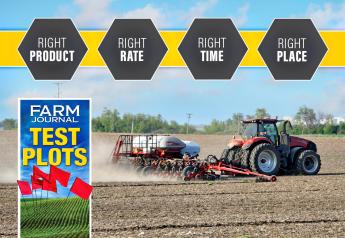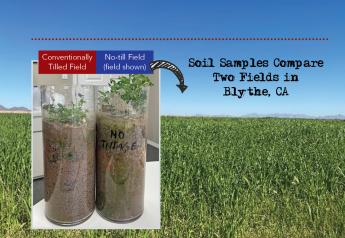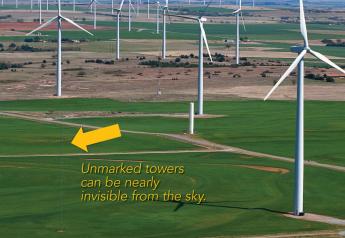Association for Int'l Agriculture & Rural Development Names Board Director

Rita Abi-Ghanem, PhD, Senior Director of Research & Development at Bio Huma Netics, Inc. (BHN), has been elected to a 4-year term to serve as an executive board director of the Association for International Agriculture & Rural Development (AIARD).
The AIARD is an association of professionals and practitioners whose mission is to improve the quality of life for all people by improving and developing global capacities to respond to new challenges and opportunities in helping to eliminate poverty, improve food security, and conserve and protect the environment in order to stimulate broad-based economic growth and sustainable development.
Dr. Abi-Ghanem—a Fulbright Scholar who earned her doctorate in Soil Science from Washington State University, her MSc degree in Plant Protection from the American University of Beirut, and her BSc in Agricultural Engineering from Lebanese University in Lebanon—states that she is deeply honored to have been elected to this position by her peers, and she looks forward to working with other scientists from around the world on important agricultural and rural development issues.
BHN CEO Lyndon Smith stated that Bio Huma Netics is very proud of Dr. Abi-Ghanem’s accomplishments and her election to the AIARD Board and that he appreciates having someone as distinguished as Dr. Abi-Ghanem leading BHN’s research & development initiatives.
In addition to serving on the AIARD Board, Dr. Abi-Ghanem is an adjunct faculty member of the Department of Crop and Soil Sciences at Washington State University (WSU) and serves as a member of the Humic Products Trade Association Science Committee; the Fluid Fertilizer Foundation Research and Education Committee; the Arizona Department of Agriculture Pesticide Advisory Committee; and is Chair of the Women-in-Science Committee of the American Society of Agronomy (ASA), Crop Science Society of America (CSSA), and Soil Science Society of America (SSSA). She is currently also serving a 2-year term as a member of the Agricultural Science Committee of the U.S. Environmental Protection Agency’s (EPA’s) Science Advisory Board (SAB).
Dr. Abi-Ghanem was further honored last year when she was presented with the AIARD 2016 Young Professional Award. That award cited Dr. Abi-Ghanem’s early work in assessing seed-borne diseases on wheat and barley landraces in a rural area that borders Syria and participation in the Bill & Melinda Gates Foundation Agricultural Research Connections 2013 Workshop in Kenya. She also participated in the Iraq Agricultural Extension Revitalization Project, in which she and others from Washington State University and four other American universities trained Iraqi agricultural extension agents and scientists through sessions held in 2007–2008 in Egypt, Syria, and Jordan.








